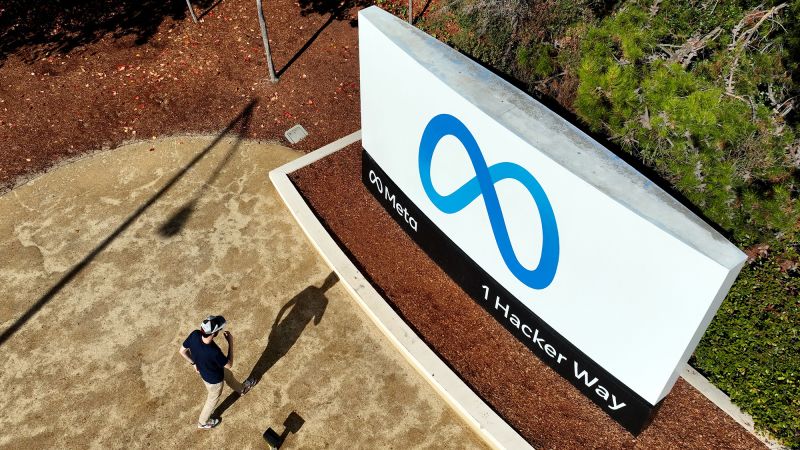A federal judge will not block the US government from expanding a landmark $5 billion privacy settlement with Instagram-parent Meta, paving the way for the Federal Trade Commission to propose tough new rules on how the social media giant can monetize user data.
The decision Monday by District Judge Timothy Kelly allows the FTC to move ahead with a proposal banning Meta from profiting off data it collects from users under the age of 18.
If approved, the limitation could significantly restrict Meta’s data-driven business, particularly as it seeks to court younger users and to grow in new product areas, such as virtual reality.
The FTC has also suggested tougher rules governing Meta’s use of facial recognition technology and forcing Meta to halt the rollout of any new products or services until third-party audits can demonstrate that Meta is complying with the settlement’s privacy obligations.
The package of potential restrictions would represent some of the most significant impositions on Meta’s business since the 2020 privacy order that resolved a federal probe into the company’s Cambridge Analytica privacy fiasco. (In 2018, Meta admitted to the inadvertent exposure of up to 87 million users’ information to the political analysis firm.)
And it would draw a sharp contrast to Congress, where US lawmakers have spent years fruitlessly debating legislation in response to allegations that Meta has harmed the mental health and privacy of teens.
Multiple whistleblowers have come forward alleging that Meta knew its apps could be harmful to users’ well-being, and multiple states have filed lawsuits against the company accusing it of failing to do enough to protect users. Meta has said that it invests heavily in user well-being and that it has developed 30 tools for parents and teens to manage their experiences with the company’s products.
In a statement, a Meta spokesperson said Kelly’s decision “does not address the substance of the FTC’s allegations, which are without merit. By the end of this year, we will have invested $5 billion since 2019 in a rigorous privacy program that has embedded privacy into our products from the start.”
“We are considering our legal options in light of the Court’s ruling and will continue to vigorously fight the FTC’s unlawful attempt to unilaterally rewrite our agreement,” the spokesperson added.
Meta had previously called the FTC proposal “a political stunt” that singles out Meta “while allowing Chinese companies like TikTok to operate without constraint on American soil.”
The FTC declined to comment on the ruling. Last week, the agency issued an order giving Meta a deadline of Dec. 11 to respond to the FTC’s proposal to expand the settlement.
In Monday’s opinion, Kelly wrote that the FTC retains the authority to reopen and amend the order affecting Meta without the need for prior court approval.
Meta had argued that the US District Court for the District of Columbia should be the one to decide whether the FTC could reopen the matter.
Meta could potentially seek to appeal Monday’s ruling to the US Court of Appeals for the DC Circuit, but the decision “appears carefully crafted and likely to be sustained,” according to Paul Gallant, an industry analyst at the market research firm TD Cowen. It’s unclear when the FTC may finalize its proposed rules, Gallant added, but it could occur in the spring of 2024.
Meta could still attempt to challenge any eventual FTC rule changes in federal court.
Read the full article here




